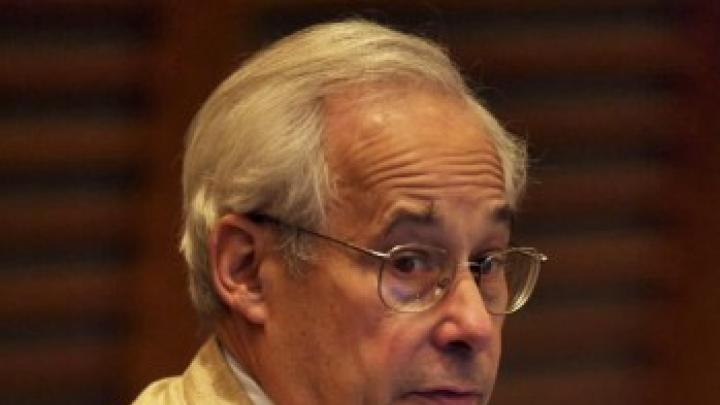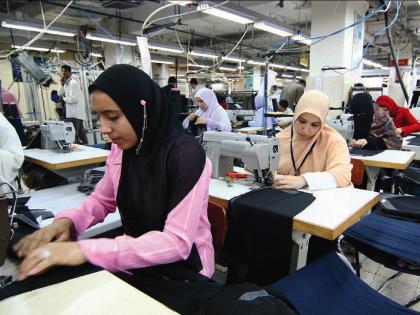Of the thousands of patients the doctors graduating from Harvard Medical School (HMS) today will likely see, a few will stand out, and perhaps even change those doctors’ views of themselves and their chosen profession. So said Donald Berwick ’68, M.D.-M.P.P. ’72, who spoke at HMS Class Day this afternoon. In his experience, that decisive patient was a 15-year-old from one of Boston’s toughest neighborhoods, who came to him suffering from leukemia.
“Isaiah smoked his first dope at age five. He got his first gun before 10…he was on crack at 14,” Berwick told the audience. “Even on chemotherapy, he was in and out of police custody.” As a pediatrician, he treated Isaiah for years, and came to know his family well. The leukemia was ultimately cured. Yet two decades later Isaiah died on a street corner, Berwick said, “from a prolonged convulsion from uncontrolled diabetes and even more uncontrolled despair.”
Although social ills may limit how much doctors can help patients, becoming a physician these days is still a “spectacularly good choice,” Berwick noted. It is a career that offers the honor of addressing patients’ pain and confusion, along with “many moments of poetry,” he said. But there is also cause for worry. He talked frankly of his own recent experiences in Washington, D.C. As the temporary administrator of the Centers for Medicare and Medicaid Services (CMS) in the Obama administration, he was a lightning rod for the political debate over universal healthcare, and resigned in 2011. He went “full of hope for our nation’s long-overdue journey toward making health care a human right here, at last. In lots of ways, I wasn’t disappointed,” he said. “I often saw good government and the grandeur of democracy—both alive, even if not at the moment entirely well.”
But much that happens in Washington is simply wrong, Berwick found. There are “too many people in leadership, from whom we ought to be able to expect more, willing to bend the truth and rewrite facts for their own convenience. I heard irresponsible, cruel, baseless rhetoric about ‘death panels’ silence mature, compassionate, scientific inquiry into the care we all need—and want—in the last stages of our lives,” noted the former president and CEO of the Institute for Healthcare Improvement—the leading organization analyzing and promoting more efficient, effective care. “I heard meaningless, cynical accusations about rationing repeated over and over again by the same people who then unsheathed their knives to cut Medicaid,” he continued. “I watched fear grow on both sides of the political aisle—fear of authentic questions, fear of reasoned debate, and fear of tomorrow morning’s headlines—fear that stifled the respectful, civil, shared inquiry upon which the health of democracy depends.”
Future leaders of the medical establishment, in whatever role they play—as clinician, administrator, or policymaker—must put their patients first. That means not only working to cure physical diseases, Berwick emphasized, but to “cure the killer injustice.” He asked the audience to help “recover and celebrate a moral vocabulary in our nation—one that speaks without apology or hesitation of the right to health care—the human right, and,” he added, “without apology or hesitation of the absolute unacceptability of the vestiges of racism, the violence of poverty, and blindness to the needs of the least powerful among us.”
In the case of Isaiah, Berwick, now a lecturer in HMS’s department of health care policy, acknowledged the role of personal responsibility in health, circumstance, weaknesses, and failures. “But to ignore Isaiah’s condition not of his choosing, the harvest of racism, the frailty of the safety net, the vulnerability of the poor, is simply wrong,” he said. With more poor people in America than at any other time, future physicians have to recognize that the “safety net is fraying—badly.”
In the end, Isaiah’s survival depended not only on chemotherapy, “but, equally, on a compassionate society….Your voice,” he added, “can be loud, forceful, and confident, and your voice will be trusted. In his honor—in Isaiah’s honor—please, use it.”








